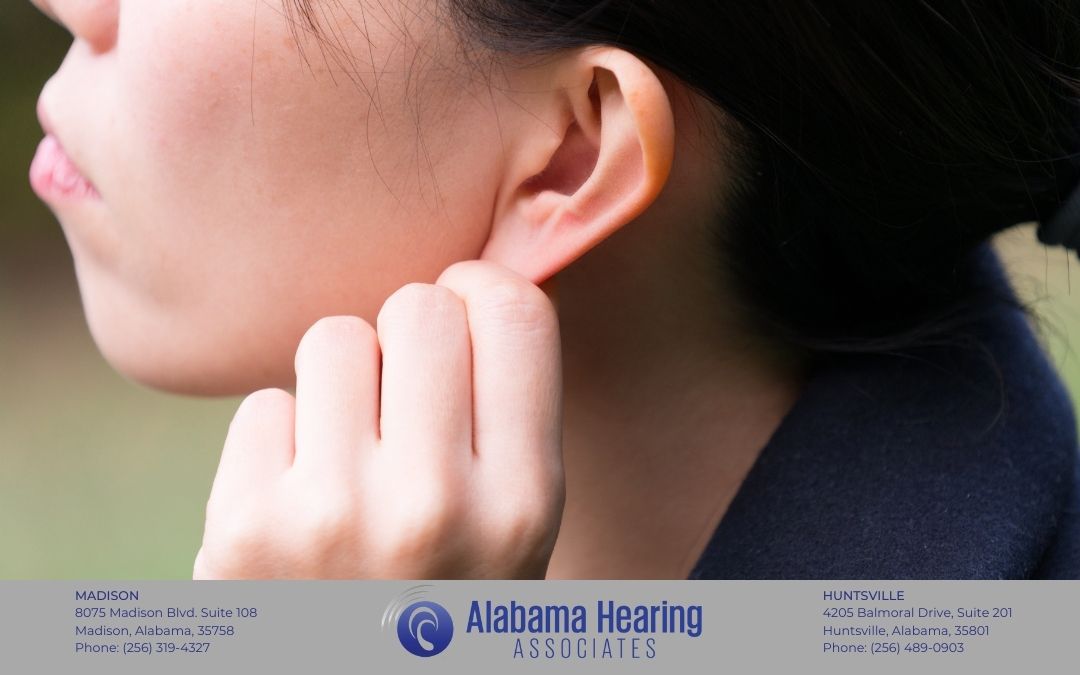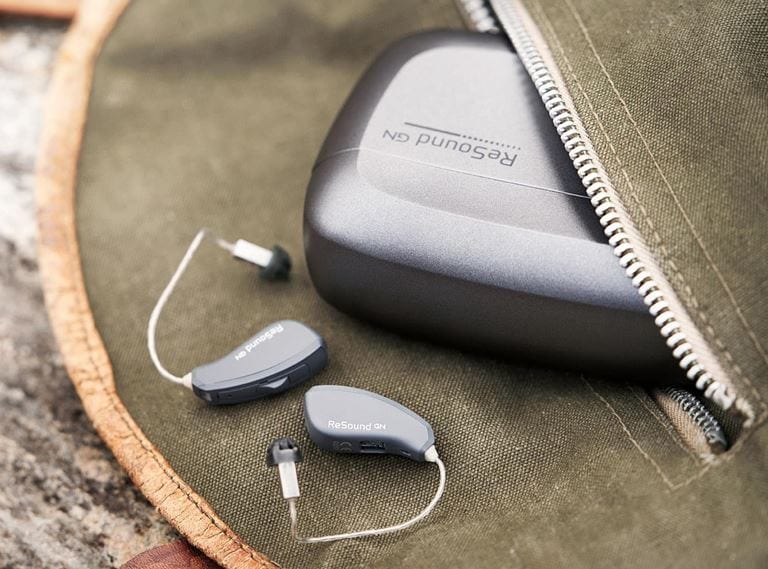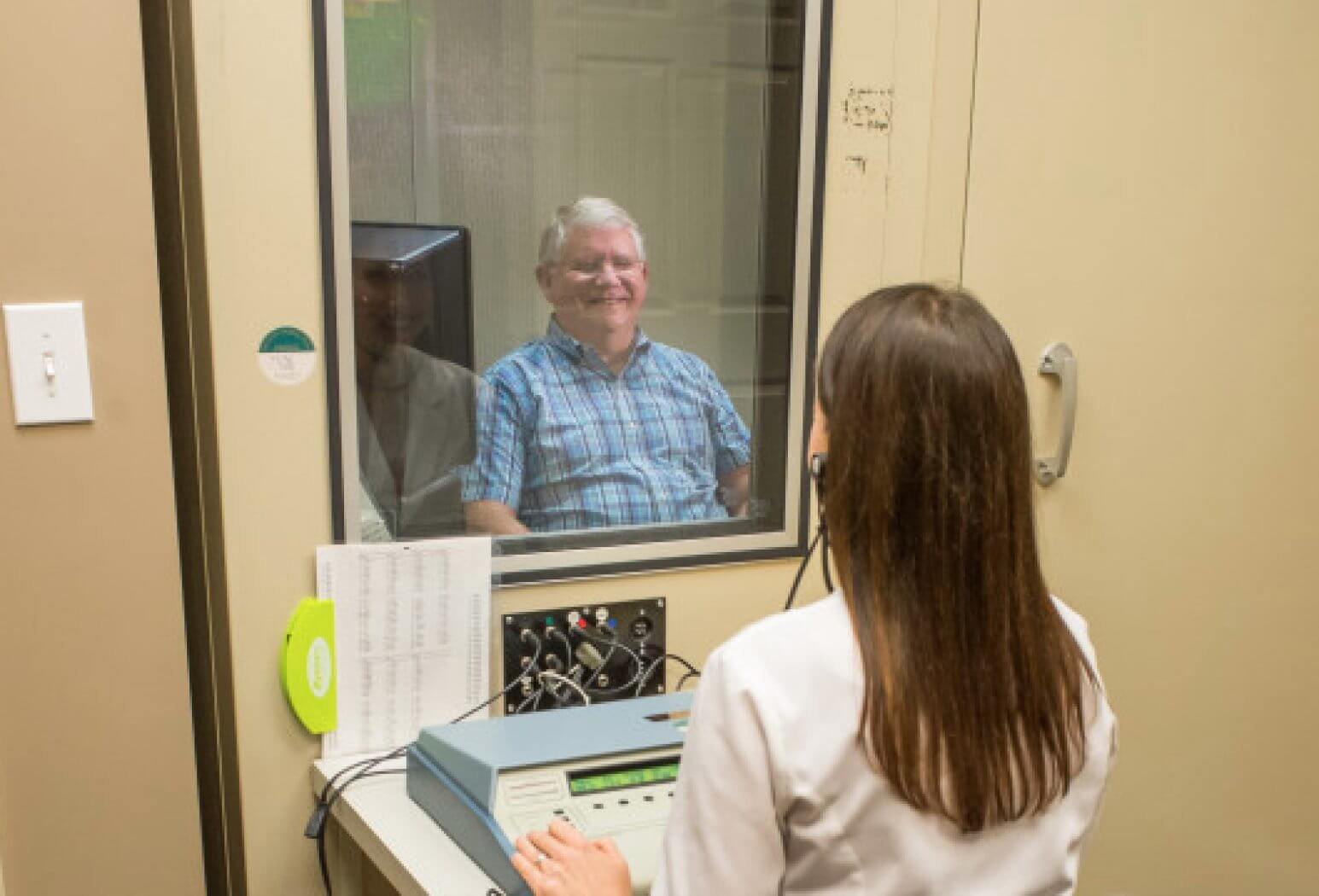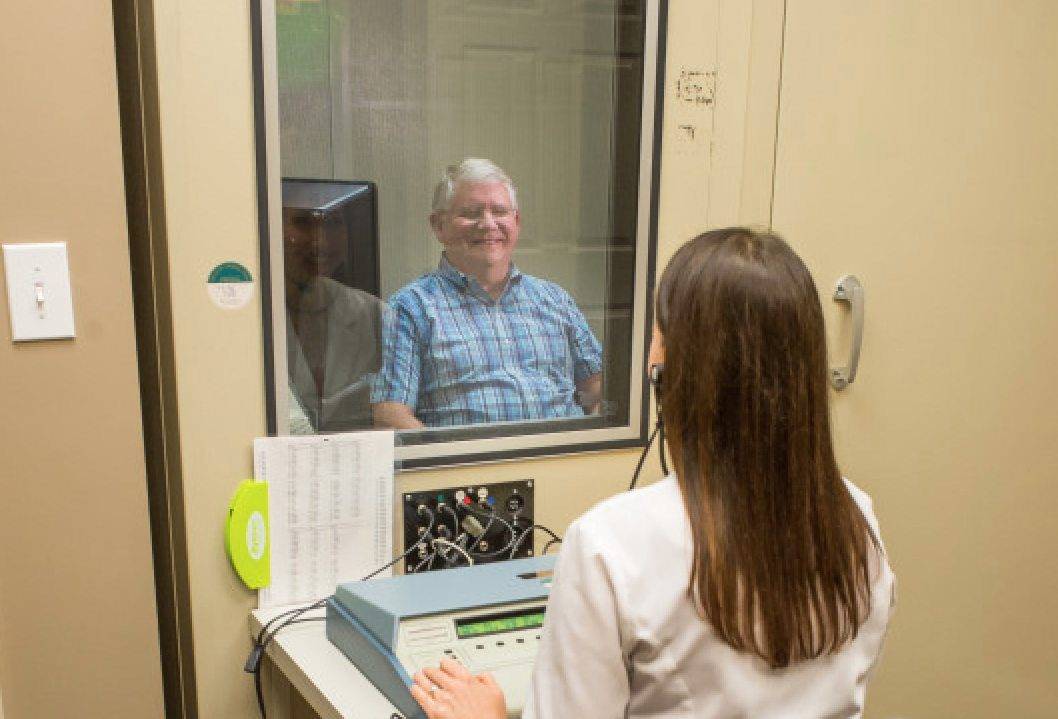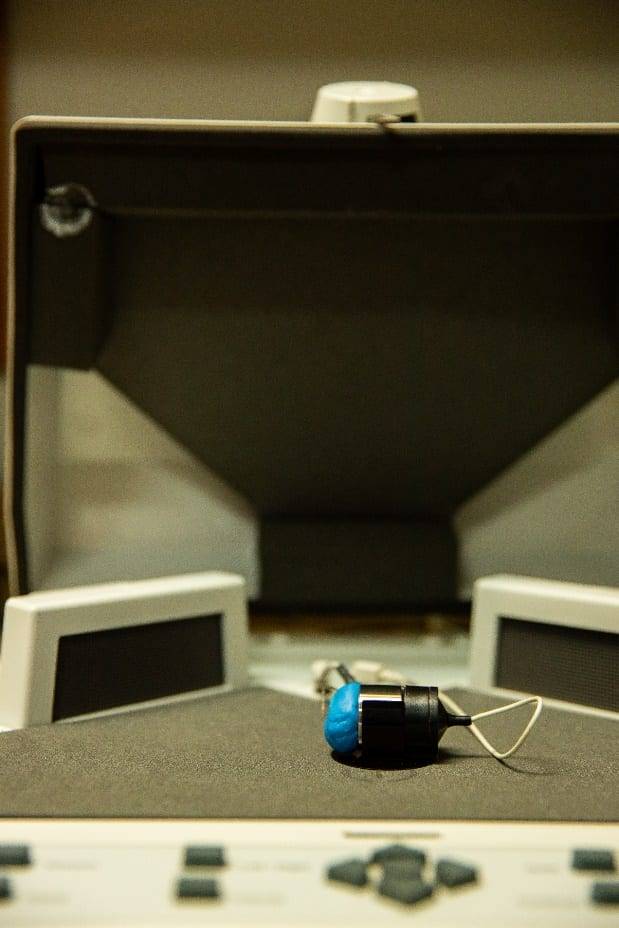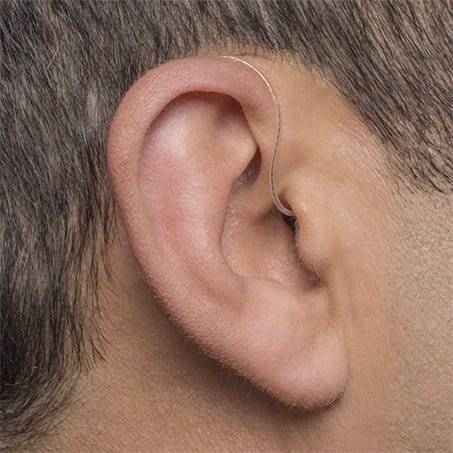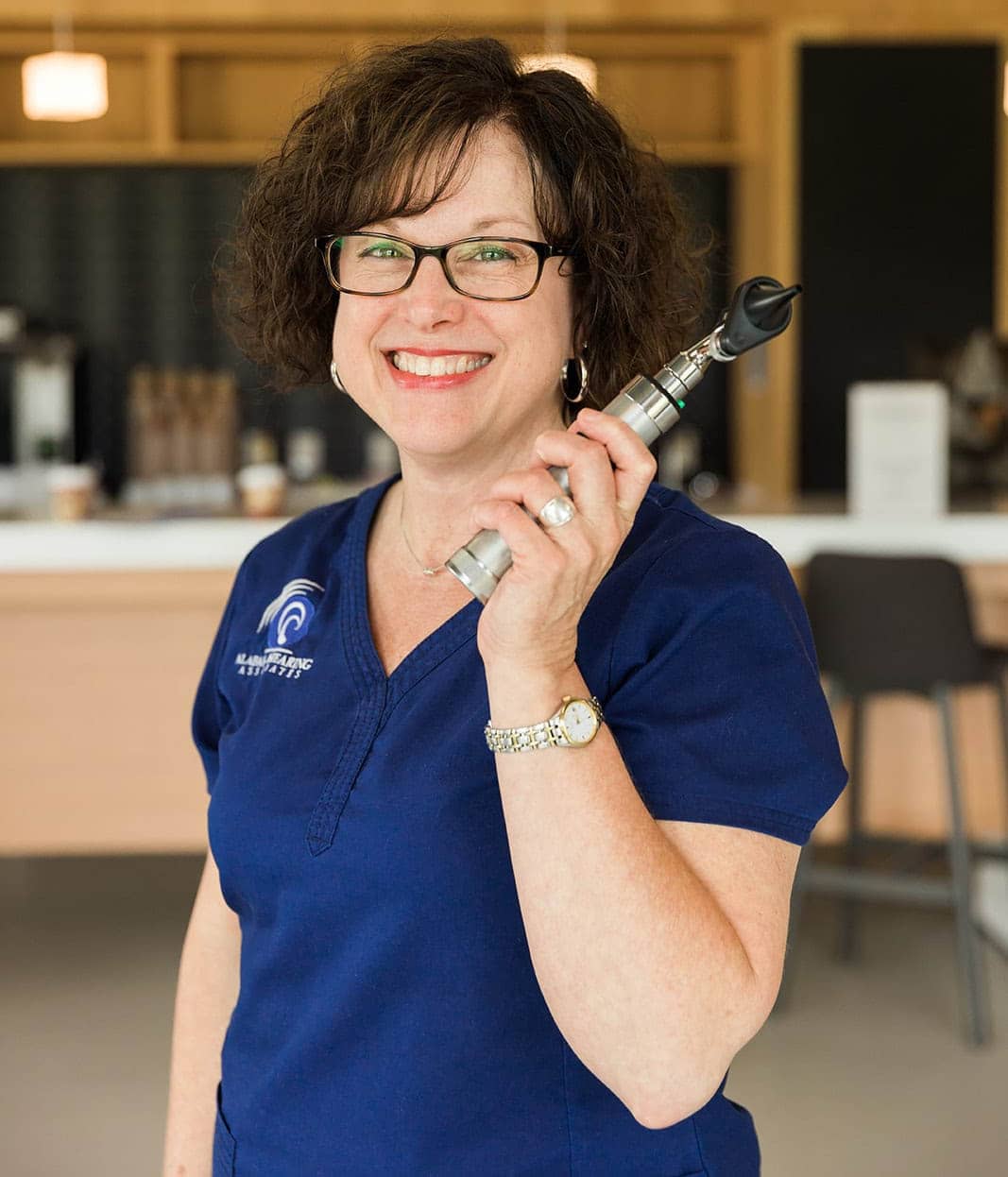Ear wax, though often considered a nuisance, serves a crucial role in maintaining ear health. However, when it accumulates excessively, it can lead to various issues, including hearing impairment and discomfort.
In this article, we’ll explore the impact of ear wax on hearing health. We will also delve into the various methods of ear wax removal and discuss when it’s necessary to seek professional help.
Understanding Ear Wax Buildup
Ear wax, which is also called cerumen in medicine, is a natural fluid that is made by glands in the ear canal. Even though it may be a bother, ear wax is very important for keeping the ear canal safe by blocking dust, dirt, and other foreign objects from getting to the eardrum. Too much ear wax, on the other hand, can be painful, cause hearing loss, and even cause illnesses.
Causes of Excessive Ear Wax
Excessive ear wax, or cerumen, can result from various factors. One common cause is overproduction by the ceruminous glands in the ear canal. While ear wax production is a natural process that helps protect the ear canal from foreign particles and infection, certain individuals may produce more wax than necessary due to genetic predispositions or hormonal changes.
Additionally, blockage of the ear canal can occur due to factors such as narrow or curved ear canals, frequent use of earphones or hearing aids, and improper cleaning practices. Contrary to popular belief, inserting cotton swabs or other objects into the ear canal can push wax deeper, exacerbating the problem.
Symptoms of Ear Wax Buildup
The symptoms of ear wax buildup can vary from mild to severe and may include:
- Hearing Loss: Excessive ear wax can block sound waves from reaching the eardrum, resulting in temporary hearing impairment.
- Earache: Pressure caused by impacted ear wax can lead to discomfort or pain in the ear.
- Tinnitus: Some individuals may experience ringing or buzzing noises in the ear due to ear wax buildup.
Prevention and Management of Excessive Ear Wax
Safe Cleaning Practices
To prevent excessive ear wax buildup, it’s essential to adopt safe cleaning practices. Avoid using cotton swabs or other objects to clean the ear canal, as this can push wax deeper and potentially cause damage. Instead, opt for methods such as ear irrigation with warm water or the use of over-the-counter ear drops to soften the wax.
Home Remedies
Several home remedies can help manage ear wax buildup effectively. Applying a few drops of olive oil, mineral oil, or hydrogen peroxide into the ear canal can help soften ear wax, making it easier to remove. Lie on one side and administer the drops into the affected ear, allowing them to sit for several minutes before draining.
Additionally, placing a warm, damp cloth over the ear can help soften hardened ear wax and alleviate discomfort.
When to Seek Professional Help for Ear Wax Removal
While home remedies can be effective for mild cases of ear wax buildup, it’s essential to consult a healthcare professional if you experience persistent or severe symptoms.
This includes ear pain, sudden or significant hearing loss, bleeding or discharge from the ear, or dizziness or balance problems. A healthcare professional can conduct a thorough examination and recommend appropriate treatment based on your individual needs.
Ear Wax Removal | Alabama Hearing Associates
Maintaining optimal ear health involves understanding the role of ear wax and implementing safe practices for its management. By adopting preventive measures and seeking timely professional assistance when needed, you can safeguard your hearing health and enjoy a life free from ear-related discomfort.
For expert guidance on ear wax removal and comprehensive hearing healthcare services, visit Alabama Hearing Associates. With clinics conveniently located in Huntsville, AL, and Madison, AL, our team of experienced audiologists is committed to providing personalized solutions tailored to your needs. Schedule an appointment today and take the first step towards optimal hearing health.

